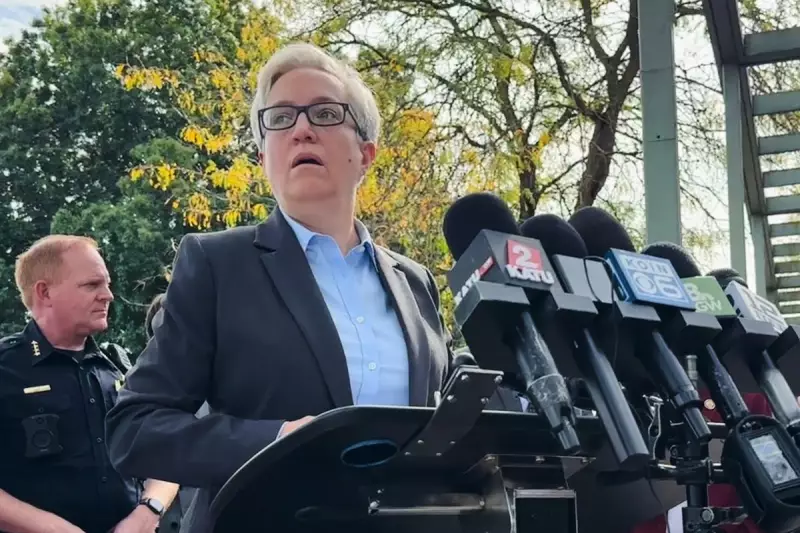
Oregon Governor Acts to Avert Fuel Crisis Ahead of Holiday
Governor Tina Kotek of Oregon has declared a state of emergency in a decisive move to secure the state's fuel supply. This action comes as the Olympic Pipeline, responsible for delivering more than 90% of Oregon's fuel, remains shut down due to a significant leak.
The declaration, signed on Monday, is designed to prevent shortages by facilitating the delivery of fuel via alternative methods such as ships and trucks. A key part of this strategy involves waiving certain regulations to allow commercial drivers hauling fuel to operate for longer hours.
Round-the-Clock Efforts to Find the Leak
The BP-owned petrochemical pipeline, which runs from Washington into Oregon, has been inactive for a week. The initial report of a leak prompted the shutdown, with intermittent closures occurring earlier in the month.
In a statement, BP confirmed that its crews are working non-stop to locate the source of the leak, which was reported near Everett, Washington. So far, teams have excavated 200 feet (60 meters) of the extensive 400-mile-long (644-kilometer-long) pipeline.
Travel and Economic Consequences
While Oregon officials have stated they do not anticipate an outright fuel shortage, even with emergency measures in place, they have issued a warning to consumers. The public should expect to see an increase in fuel prices due to the higher costs associated with these alternative delivery methods. Officials confirmed that Portland International Airport's supply is also secure.
The ripple effects of the pipeline closure are already being felt north of the border. In Washington, where Governor Bob Ferguson declared a similar emergency last week, air travel is experiencing disruptions. Seattle-Tacoma International Airport's major carriers, Alaska Airlines and Delta Air Lines, have acknowledged delays caused by the fuel shortages.
To mitigate the impact, airlines are taking precautionary steps. These include directing flights to arrive with extra fuel or to make additional stops to refuel. The situation is being closely monitored as the busy Thanksgiving travel period approaches.





